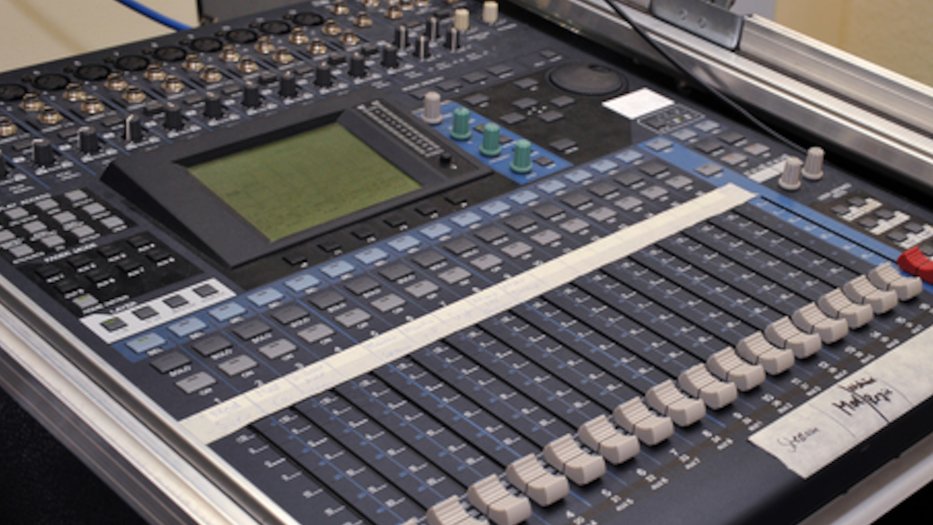Media and event technology
Media and event technicians provide artists, creatives, politicians and athletes with an appropriate stage in image and sound - live, recorded, offline and online.

Overview of the academic discipline
Most of the degree programmes in this field of study fall into the area of media and multimedia technology. It mainly teaches the technical aspects of electronic media - from design to production. This includes all technologies that combine acoustic and optical signals: Films, videos, presentations, streaming, podcasts and the associated transmission technology via the internet, for example. The interdisciplinary degree programme combines engineering subjects, information technology and design elements.
In contrast, degree programmes in the field of event technology focus on on-site content such as design, decoration, stage construction and technologies for the implementation of pyrotechnics, holograms or laser effects. However, this area is increasingly being taught as a specialisation or as part of event management degree programmes.
Degree programmes in the field of sound and image technology focus on image and sound technologies and usually specialise strongly within this framework, for example in the form of ‘Production and Event Technology’ or ‘Acoustics for Sound Design’.
Even more than traditional engineering professions, media engineers require a particularly versatile orientation: technology and art, production and communication, computer science and electronics, but also natural and social sciences.
Which topics are included in the curriculum?
The Bachelor's degree programme in Media and Multimedia Technology offers modules on the scientific and technical basics: Mathematics, physics, electrical engineering, communications engineering, measurement technology, computer science, audio/video signalling technology and production technology. Depending on the degree programme, creative subjects such as scenography, sound design, interface design or lighting design are also included. Media theory, media design, media law, communication research, economics and project management are also possible subjects.
Further modules - often in connection with application-oriented project work - allow students to specialise in audio technology, digital image technology, media informatics, film/television, radio, print and interactive media. It is also possible to specialise in animation/games engineering. In-depth elective content takes into account current developments such as 3D visualisation or network and communication technology for the digitalisation of content.
Practical phases or semesters are possible during the degree programme, and project internships are also common.
What are the requirements?
At universities of applied sciences, a pre-study internship in the media sector lasting several weeks is often compulsory. At art colleges, an aptitude test is a prerequisite for admission. In-depth knowledge of the following school subjects is a good prerequisite for successful study: maths, physics, computer science - and music in the case of sound engineering.
What study programmes are there to choose from?
It is mainly universities of applied sciences that offer degree programmes in this field, but universities and art colleges also offer some. In addition to the classic ‘Media Technology’, there are also courses such as ‘Sound, Music and Production’, ‘Audio and Acoustical Engineering’, ‘Sound and Image’ or ‘Theatre and Event Technology and Management’
What job opportunities are there after graduation?
Graduates in the field of media and event technology can work in the studios of production companies and radio or television stations - or they can become project managers, technicians, concept developers or producers in an online or multimedia agency, at advertising agencies, publishing houses, event agencies, trade fair and congress organisers, in cultural institutions of local authorities and at public event organisers.
